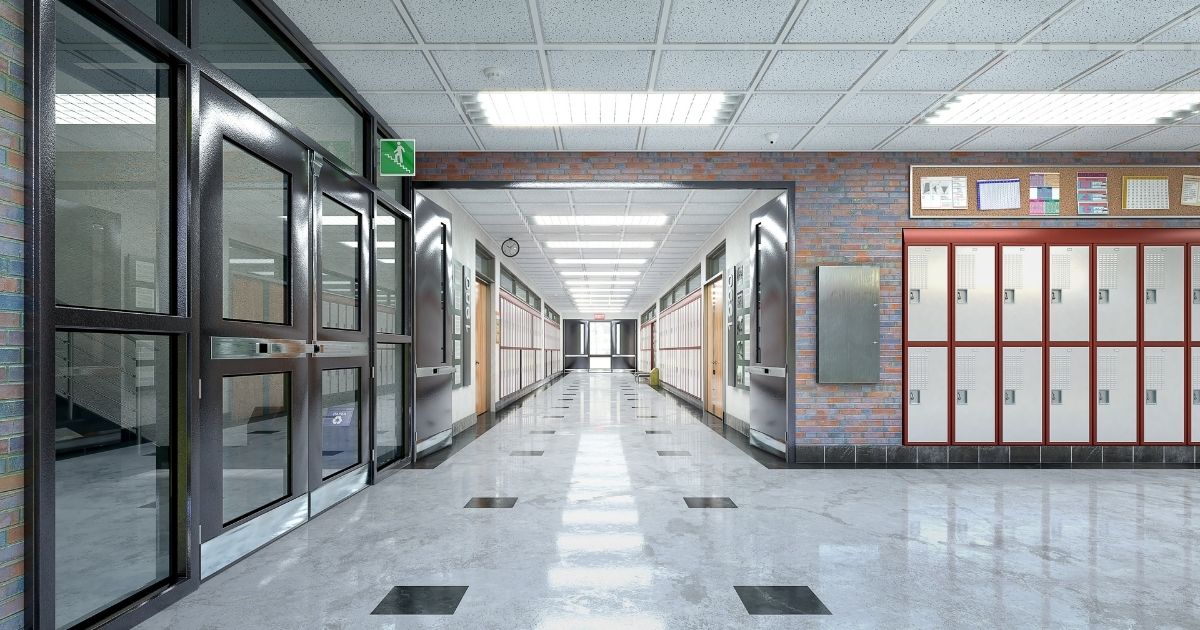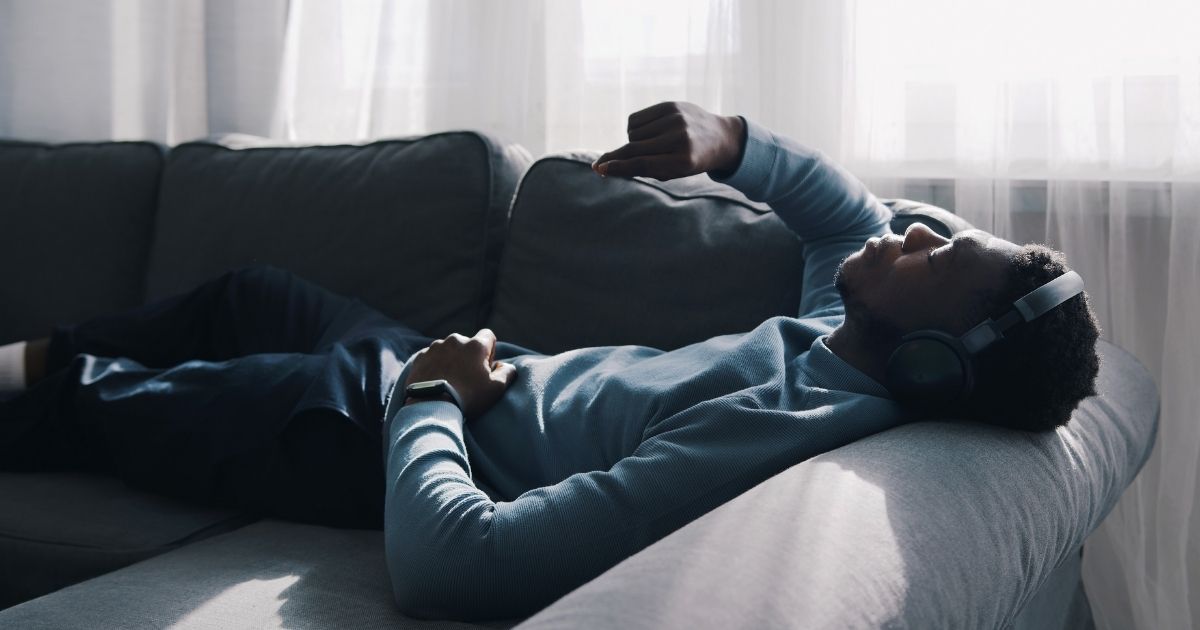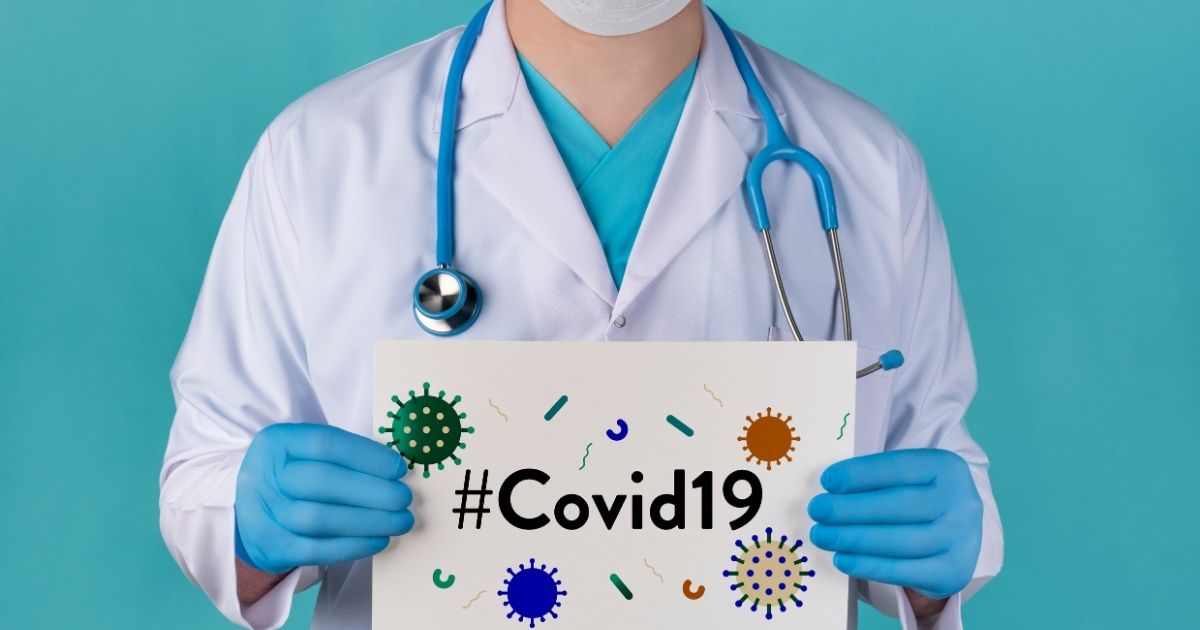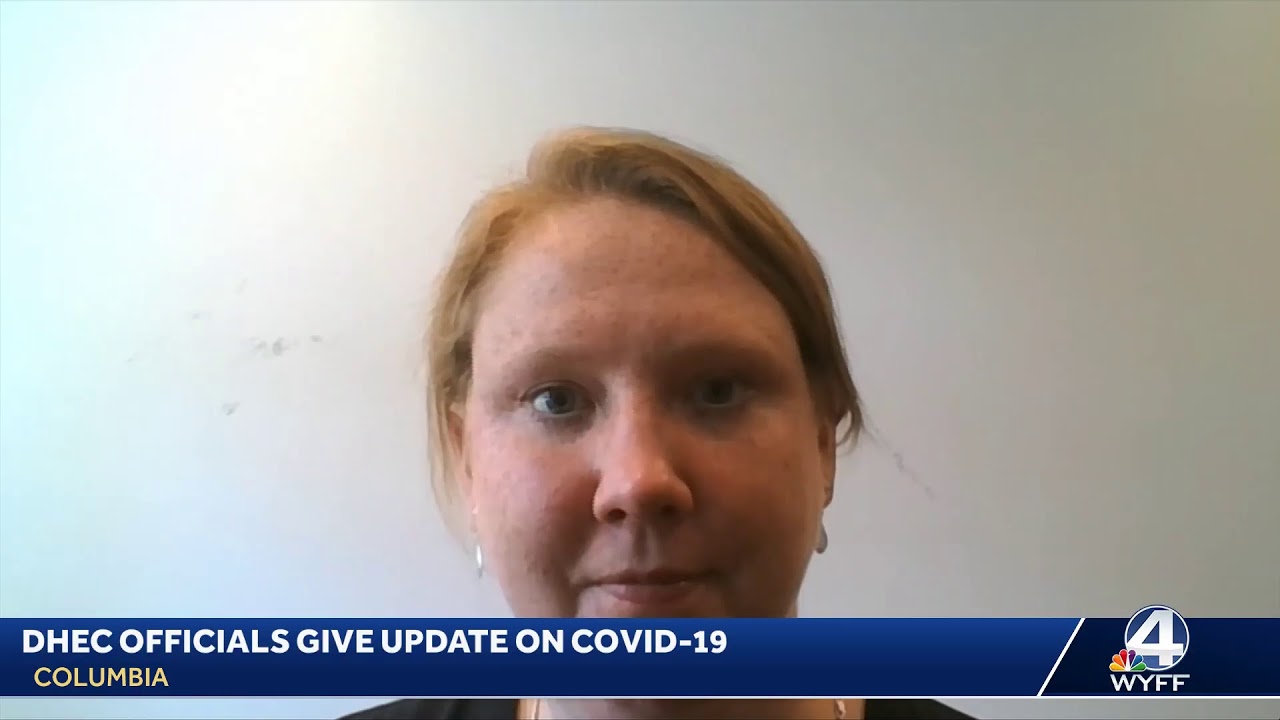
A new round of businesses got the green light to reopen Monday in South Carolina. Gov. Henry McMaster issued an executive order that took effect Aug. 3, allowing festivals, parades, concerts, theaters, stadiums, arenas, coliseums, auditoriums, grandstands, amphitheaters, gymnasiums, concert halls, dance, halls, performing arts centers, parks, racetracks or similarly operated entities to operate. These facilities cannot exceed 50% of the occupancy, or 250 persons, whichever is less, and must require masks or face coverings as a condition of admission or participation, according to the governor.Beth Paul, general manager of Bon Secours Wellness Arena, said the capacity restrictions would severely limit the 15,000-seat vent venue’s capability. “I think it will benefit some community theaters, movie theaters, I think it’ll benefit many businesses,” Paul said. “We’re going to have to completely rethink the way we experience an arena or live event when presented with the biggest priority being health and safety.”Paul said the pandemic has hit the venue hard, forcing furloughs and layoffs without significant cash flow due to postponed and canceled events. The last public event held at the Well happened on March 9. Paul said staff was working to create a touch-free experience from entry to the restrooms to concessions, eliminating points of contact. Until then, the venue would most likely be closed for a few more months.McMaster says businesses and event organizers that may exceed the occupancy rules may receive clarification allowing the event to proceed, if they can show an ability to comply with federal and state COVID-19 procedures to the Department of Commerce.The governor mandated that local officials enforce his executive order. Violating the order could result in a misdemeanor, McMaster said.Political science professor Brent Nelsen questioned whether consumer confidence would be strong enough to keep entertainment venues sustained. “Obviously it’s a risk,” Neslson said. “There’s a kind of ebb and flow. As the news gets worse, people hang back. If the news is good and there doesn’t seem to be as much COVID around, then people go out. If they feel at all endangered in some way, they might be very reticent to go and spend money.” Nelsen said the governor instituted the executive order to try and keep the state economy afloat, maintain jobs and win back revenue lost during the pandemic. Nelsen said the governor was also aiming to return South Carolina to a state of normalcy. That goal could come at a cost, Nelsen said.“Each business is going to have to make a decision about whether they can actually make any money given the restrictions,” Nelsen said. “Some of the bigger chain theaters have pretty deep pockets and can ride this out for a little bit longer. But the real key will be the mom and pop places that have had entertainment venues but will be limited in their capacity. If we find that those venues lead to some super spreader event or something like that, and all of that has to get shut down, that’s going to be another blow to the economy.” The order also makes mandatory previously recommended guidelines of restaurants and other establishments that attract groups.The mandatory guidelines include the following:Dine-in services at no more than 50% capacityMasks or face coverings required for employees and patronsTables spaced to keep diners at least 6 feet apartNo more than eight customers per table unless from the same familyStanding or congregating in bar area of restaurant is prohibitedEstablishments that hold a state permit to sell alcohol are subject to these restrictionsBars and restaurants must also end alcohol sales by 11 p.m. The order also ordered that face coverings must be worn in all state government buildings, effective Aug. 5. McMaster said the restrictions would be temporary, measured and targeted, and also gave South Carolina the best chance to slow the spread of the virus without shutting down the state’s economy.
A new round of businesses got the green light to reopen Monday in South Carolina.
Gov. Henry McMaster issued an executive order that took effect Aug. 3, allowing festivals, parades, concerts, theaters, stadiums, arenas, coliseums, auditoriums, grandstands, amphitheaters, gymnasiums, concert halls, dance, halls, performing arts centers, parks, racetracks or similarly operated entities to operate.
Advertisement
These facilities cannot exceed 50% of the occupancy, or 250 persons, whichever is less, and must require masks or face coverings as a condition of admission or participation, according to the governor.
Beth Paul, general manager of Bon Secours Wellness Arena, said the capacity restrictions would severely limit the 15,000-seat vent venue’s capability.
“I think it will benefit some community theaters, movie theaters, I think it’ll benefit many businesses,” Paul said. “We’re going to have to completely rethink the way we experience an arena or live event when presented with the biggest priority being health and safety.”
Paul said the pandemic has hit the venue hard, forcing furloughs and layoffs without significant cash flow due to postponed and canceled events. The last public event held at the Well happened on March 9. Paul said staff was working to create a touch-free experience from entry to the restrooms to concessions, eliminating points of contact. Until then, the venue would most likely be closed for a few more months.
McMaster says businesses and event organizers that may exceed the occupancy rules may receive clarification allowing the event to proceed, if they can show an ability to comply with federal and state COVID-19 procedures to the Department of Commerce.
The governor mandated that local officials enforce his executive order. Violating the order could result in a misdemeanor, McMaster said.
Political science professor Brent Nelsen questioned whether consumer confidence would be strong enough to keep entertainment venues sustained.
“Obviously it’s a risk,” Neslson said. “There’s a kind of ebb and flow. As the news gets worse, people hang back. If the news is good and there doesn’t seem to be as much COVID around, then people go out. If they feel at all endangered in some way, they might be very reticent to go and spend money.”
Nelsen said the governor instituted the executive order to try and keep the state economy afloat, maintain jobs and win back revenue lost during the pandemic. Nelsen said the governor was also aiming to return South Carolina to a state of normalcy. That goal could come at a cost, Nelsen said.
“Each business is going to have to make a decision about whether they can actually make any money given the restrictions,” Nelsen said. “Some of the bigger chain theaters have pretty deep pockets and can ride this out for a little bit longer. But the real key will be the mom and pop places that have had entertainment venues but will be limited in their capacity. If we find that those venues lead to some super spreader event or something like that, and all of that has to get shut down, that’s going to be another blow to the economy.”
The order also makes mandatory previously recommended guidelines of restaurants and other establishments that attract groups.
The mandatory guidelines include the following:
- Dine-in services at no more than 50% capacity
- Masks or face coverings required for employees and patrons
- Tables spaced to keep diners at least 6 feet apart
- No more than eight customers per table unless from the same family
- Standing or congregating in bar area of restaurant is prohibited
- Establishments that hold a state permit to sell alcohol are subject to these restrictions
Bars and restaurants must also end alcohol sales by 11 p.m. The order also ordered that face coverings must be worn in all state government buildings, effective Aug. 5.
McMaster said the restrictions would be temporary, measured and targeted, and also gave South Carolina the best chance to slow the spread of the virus without shutting down the state’s economy.










